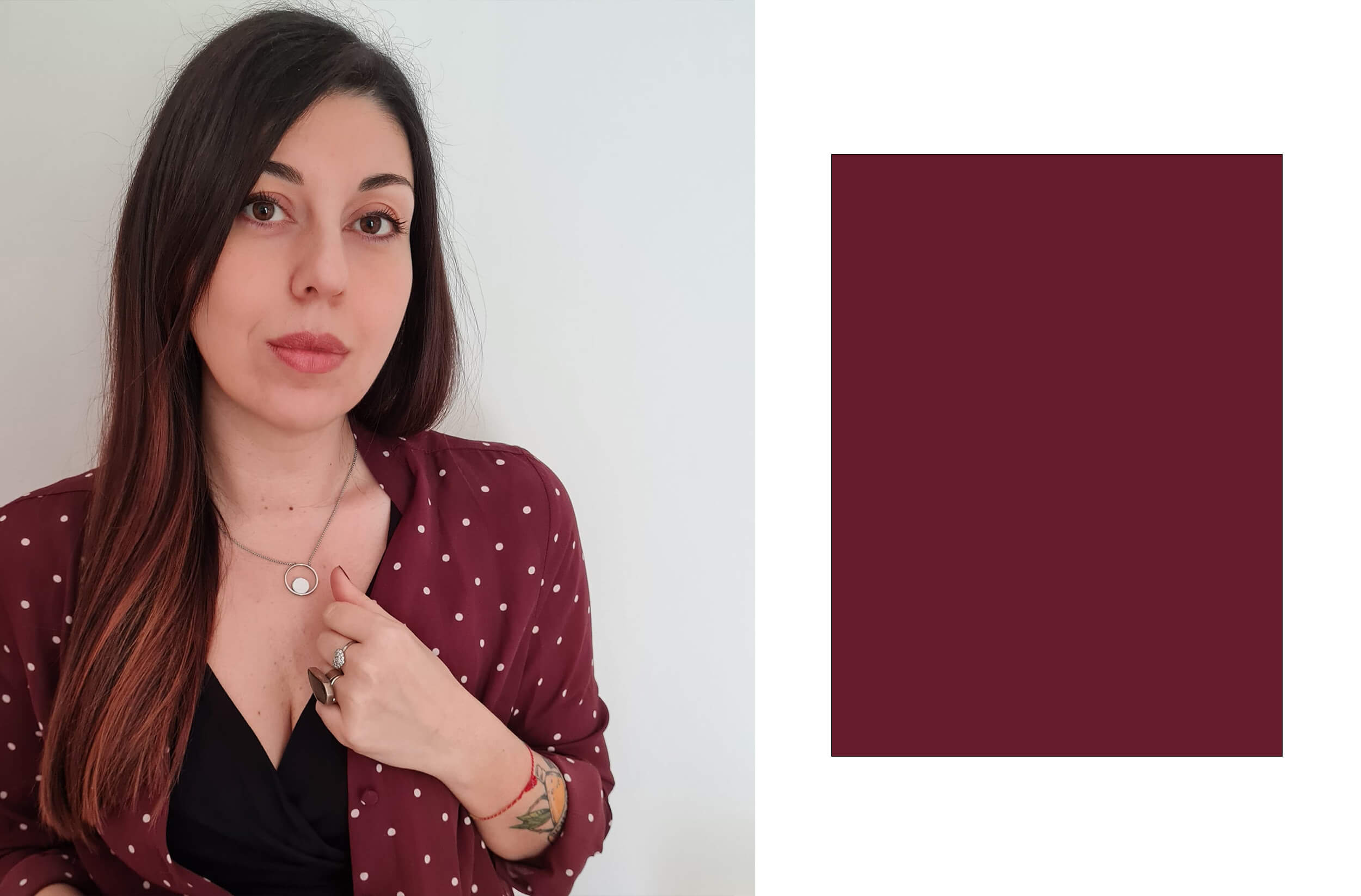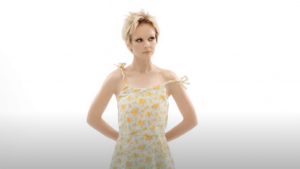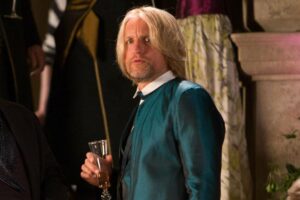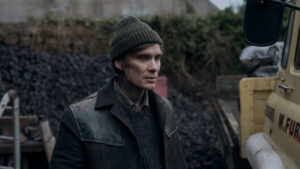There are books that are more than just stories: there are books that are pieces of soul, creating new chapters in your own life. For me, all of Valentina D’Urbano‘s books are precisely that—an extension of my heart in printed form, capable of delivering new emotions through their plots and characters. Having had the chance to speak with Valentina about her latest novel, Figlia del temporale (Daughter of the Storm), was far more than a mere opportunity—it was the chance to meet a virtuosic writer who explores humanity, love, pain, and transformation with a sensitivity and delicacy that are unmatched not only in Italy but on the international stage. Valentina introduced us to Hira/Mael, guiding us through the rugged forests of Albania, where being a woman, being free, and being independent mean very little—and yet, mean something entirely different. Through a new female voice that recounts an experience both “limited” and universal in some respects, and which is intrinsically tied to Valentina herself (like all her other characters), we are once again reminded of the raw beauty of life. And that saving yourself, sometimes, is the only salvation possible.
“Figlia del temporale” (Daughter of the Storm) is once again a different novel, with a strong narrative voice that changes due to the context, the events, or the protagonist’s sense of self. Have there been any recent or past changes in your life or in what you’ve witnessed that led you to create a story set in such a specific context, like 1970s/1980s Albania?
I wrote this novel during a time of deep personal crisis. Finishing the manuscript coincided with a complete revolution in what had been my life up until then. Although the idea for the story came years ago, I believe you can still sense the influence of my personal life within it—the resistance to change, the acceptance, and, ultimately, the awareness of my own needs. Books don’t write themselves; there’s always a human being behind them, carrying all the emotional baggage they’ve accumulated. Even if the story itself is light-years away from the author’s personal experience.
How did you research the history and folklore of this country?
A lot of study, a lot of historical and photographic documentation, many interviews, and informal chats with people who actually lived under Hoxha’s regime, with those who were born and raised in Albania. It was two years of intense research, dead ends, and doors slammed in my face. But also of powerful and moving stories, fascinating yet little-known traditions, and immense human richness.
Hira/Mael confronts the reader with the importance of identity, the search for self, and the role the body plays in showing ourselves to others. Did you have someone specific in mind for their voice? How much did this character surprise you during the writing process, and how did they evolve?
When I started writing, I had a very clear idea of who Hira was and how they would eventually assume the identity of Mael, so I already knew my protagonist. That doesn’t mean it wasn’t a challenging task, especially since Hira’s life is as far removed from my own as I could imagine.
In your novels, women often break down, rebuild themselves, and discover their strength and desire to rebel as the story unfolds. What is it in your life that helps you stay “whole” (to borrow a term from this book), so that you don’t have to give up something of yourself or break in the process?
I could list many things: inner strength, the courage to defy society’s expectations, psychotherapy. But I want to be more honest, more brutal: financial independence. That’s what allowed me to free myself, to rebel, and to remain whole. Having my own income, for which I didn’t have to thank anyone, for which I didn’t have to ask anyone’s permission.
I was—and still am—fortunate enough to have “a room of my own” where I can express myself freely.
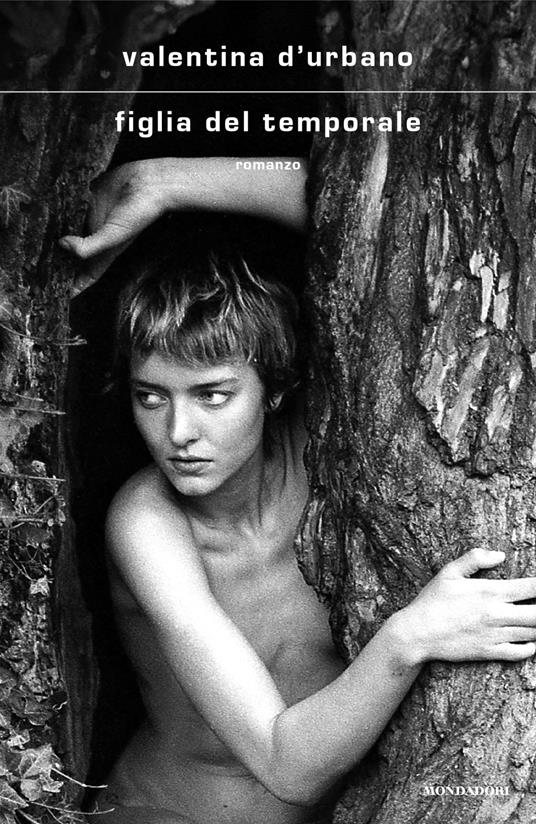
The village where Hira’s uncles live and Astrit’s forest are more than just a backdrop; they are protagonists in their own right. This element recurs in your novels, where the setting is never just scenery but an integral part of the narrative. How challenging is it to balance this aspect with character development and plot progression? Do you usually already know the cultural/social context in which you’ll develop a story when you begin writing a new book?
Absolutely, yes—story and setting are born together; they cannot exist without each other. In the case of Figlia del temporale, the setting was essential to Mael’s development. The phenomenon of the Sworn Virgins has only been documented in a small mountainous area spanning Albania, Montenegro, and Kosovo. It’s a story deeply tied to the territory in which it unfolds. Perhaps in my previous novels, I could have made different choices, but in this one, it was simply impossible.
Being saved or saving oneself, through the presence or absence of love, which in your novels is always a visceral feeling that lays us bare. As a reader, I find your depiction of love—both in Italian and international literature—unique. Loving and being loved, then: what does this concept, so rich in nuances and interpretations, mean to you?
I always keep in mind that we save ourselves. Love is about sharing and reciprocity, not a lifeboat to keep you afloat. In my novels, I often write about borderline, painful, or impossible loves, but that’s fiction. My male characters are terrible, often more so than my female protagonists; they fight and challenge each other (or they die young and die horribly). In books, these dynamics are beautiful and passionate; in real life, they send you straight to therapy!
From Il rumore dei tuoi passi (The Sound of Your Steps) to Figlia del temporale, how has your relationship with writing changed? Do you already know where you’d like it to take you next?
Il rumore dei tuoi passi was a game, a novel I wrote for myself—I never expected to actually publish it. Then writing became a job, with its deadlines and responsibilities. I had to establish different rhythms; I let myself get carried away, but only to a point. When I write, I always keep in mind that the story takes precedence over me. I’ve learned a lot thanks to my editors (Fabrizio Cocco at Longanesi and Linda Fava at Mondadori—two people I can never thank enough for making me the author I am today. Thank you, my beloved editors!). I hope to keep doing this work forever, and I’d like to return to shorter publication cycles, like I had at the beginning.
How much of Valentina is in Hira, Beatrice, Celeste, Fortuna, Neve, Angelica?
There’s a lot of me in all of them. Over the years, though, I’ve learned to hide behind my female protagonists and let them speak. Beatrice, being the first, was the only one in whom I fully revealed myself—with all the anger of my 25 years, my desire for redemption, and the rough edges of my character on full display. Over time, I’ve refined my technique and camouflaged myself better. Writing teaches you not to reveal too much of yourself and to leave space for the character.
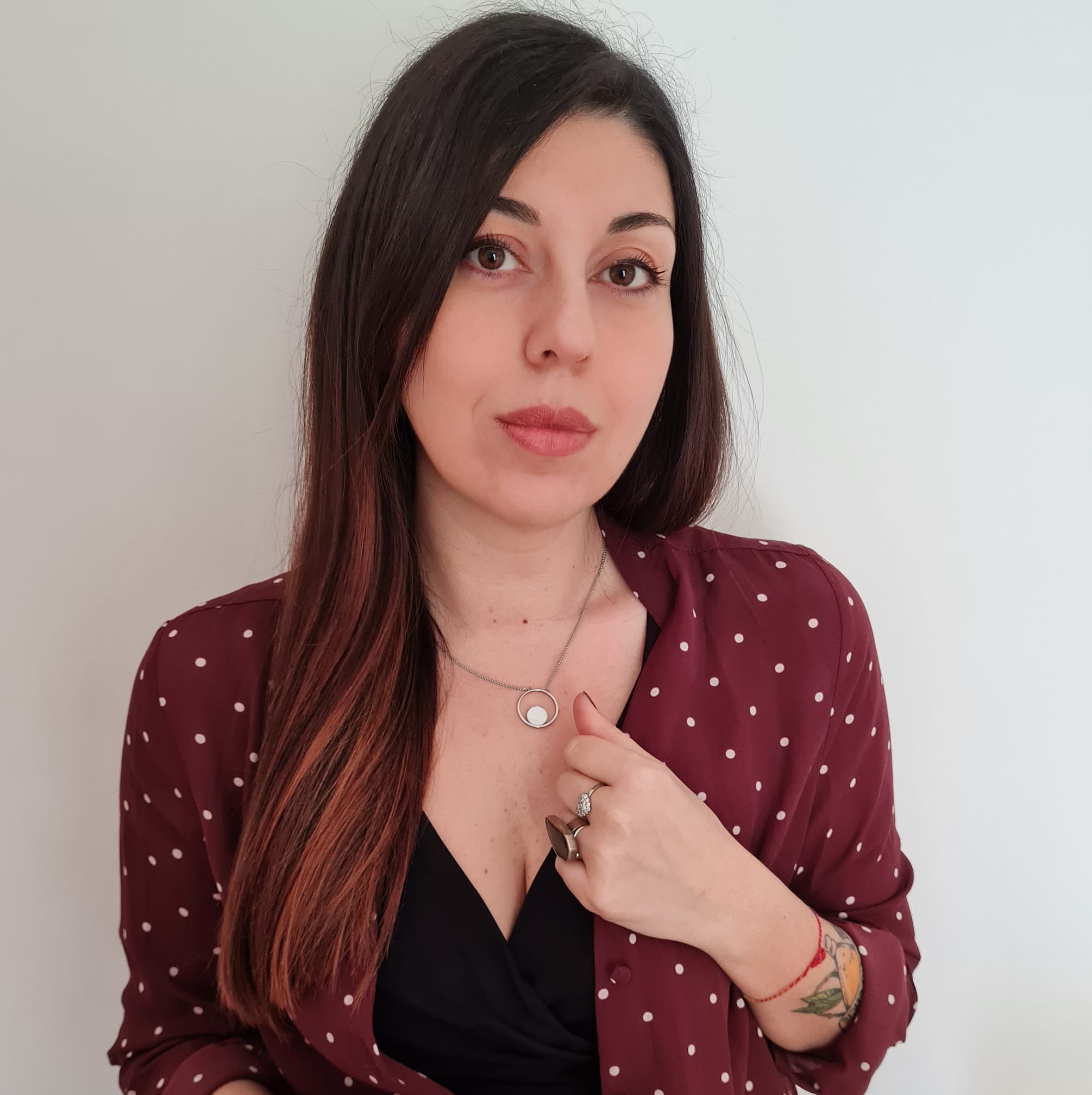
“I always keep in mind that we save ourselves”
What has been your greatest act of rebellion so far?
I left a very comfortable, orderly, and reassuring situation—and a home purchased with great sacrifice—because I was no longer happy. The people close to me didn’t understand; perhaps I seemed crazy, certainly reckless. But I realized that I prefer turbulent uncertainty over quiet, serene unhappiness. At least I know I’m still alive. It felt like the only possible choice, though I’ve discovered that not everyone shares my opinion—far from it.
The book or books on your nightstand right now?
“The Seven Husbands of Evelyn Hugo” by Taylor Jenkins Reid and “Works“ by Vitaliano Trevisan.
What’s the last thing you discovered about yourself, thanks in part to Figlia del temporale?
That changes are often painful but necessary. That you can’t stay in the same place your whole life. And that if we don’t change, we risk disappearing.
What does it mean to feel comfortable in your own skin?
Knowing that I can shed it and change when necessary.
What is your happy place?
My close friends, the ones I consider family. My many projects for the future. And also the punching bag and boxing gloves.
Thanks to Mondadori

